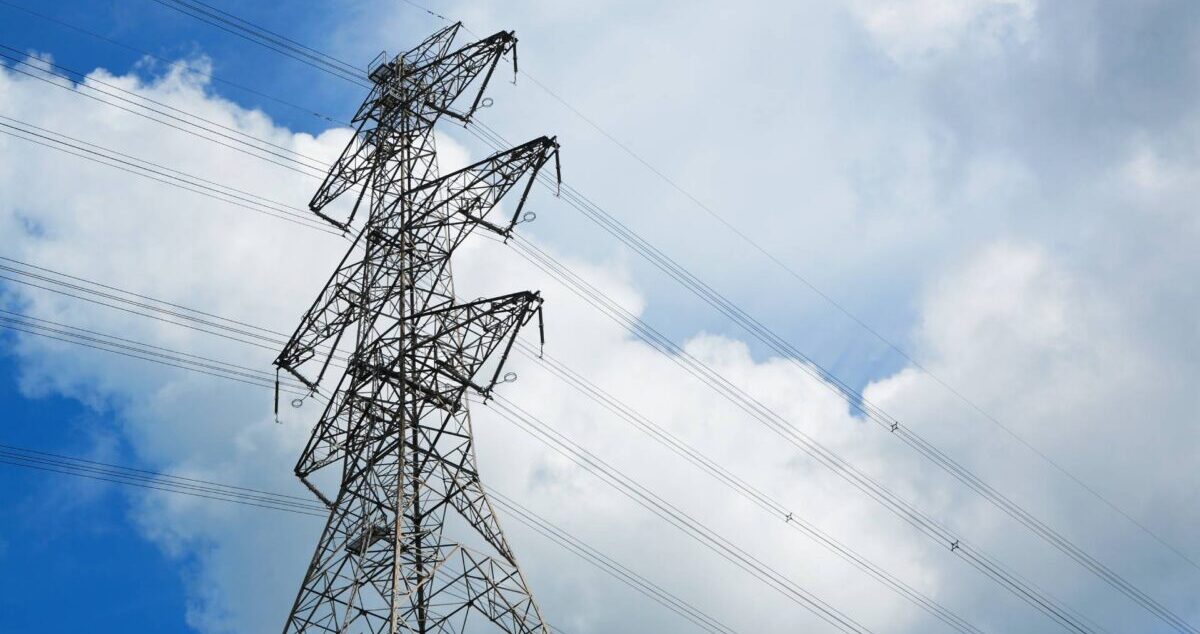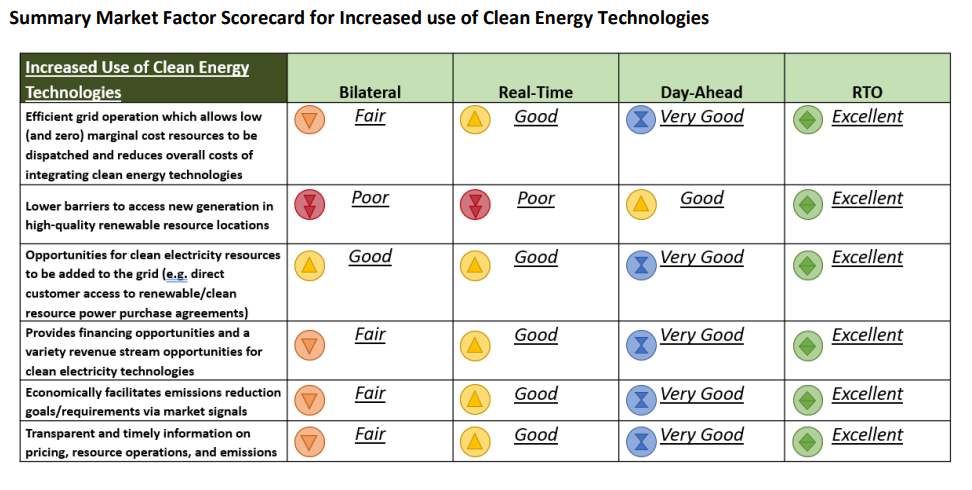Bringing the Full Benefits of an RTO to the West

States in the West are in the process of evaluating options for the future of western energy markets. The most cost-effective and customer-friendly option is to develop a western Regional Transmission Organization (RTO) with a large geographic footprint. New research from a U.S. Department of Energy (DOE) funded state-led study supports this, finding a western RTO could provide nearly $2 billion in gross benefits per year by 2030 and decrease annual emissions output by an additional 3 million metric tons.
The path to forming a western RTO is not an easy one, but harnessing multi-state momentum could maximize clean energy benefits and address future transmission challenges. Western states may seek greater collaboration and technical assistance to develop a market pathway that simultaneously accelerates state decarbonization efforts.

According to the state-led study, a single west-wide RTO provides significant financial savings and is the best option to accelerate clean energy technology deployment. In the near term, a western RTO could save $1.3 billion in annual gross benefits mainly by reducing energy production costs by dispatching least-cost resources – which are often clean energy technologies. Long-term, the study found that an RTO increases load diversity and in turn drives future cost savings by reducing capital investment needed for resource buildout. By 2030, these capacity savings from load diversity represent 65% of total RTO benefits. Developing a full RTO, which consolidates balancing authorities, would also lead to a more centralized, transparent, and coordinated approach to reliability responsibilities.
Transmission expansion is also a critical component of RTO expansion in the west. Transmission buildout improves operational efficiency by reducing costly curtailment and connecting more remote generation to the grid. This latest study echoes findings from a Utah study on transmission expansion released earlier this year, which calls for transmission expansion in order to tap into the state’s resource potential and support future generation buildout across the state. Looking more broadly across the west, the state-led study found that new transmission capacity would enhance the performance and economic value of new and expanded energy markets, driving a conservative estimate of $90 million per year in additional operational savings with a west-wide RTO.
RTOs are critical to unlocking the full potential of existing and new transmission. A full RTO construct would utilize financial transmission rights and security-constrained economic dispatch (SCED), eliminate rate pancaking or wheeling costs, and increase competitive solicitation. RTOs also reduce the need for new transmission projects and investments. The recent Colorado Transmission Coordination Act study found optimizing transmission within an RTO construct would result in an additional $46-85 million in annual cost savings.
The Path Forward: Further State Collaboration is Needed
To realize the benefits of a western RTO, a state-driven, bottom-up approach is the strongest path forward to ensuring market expansion is coordinated with state policy and customer interests. Fostering additional state-level consideration of future options is key, as western states are at different points along their market expansion journey. Collaboration among states to build off existing studies will help states move forward more efficiently and in a thoughtful strategic manner that complements the west’s needs. While Nevada and Colorado have recently required their utilities join an RTO by 2030, Arizona, New Mexico, and Oregon are pursuing their own state-specific assessments.
Additional states may pursue independent assessments but will also need to continue coordinating on findings and solutions. CEBA supports funding for the Department of Energy’s Office of Electricity included in the Build Back Better Act in order to bolster state-led assessments by providing technical assistance for grid, economic, and emissions modeling. To learn more about CEBA’s involvement in organized wholesale market expansion across the U.S., contact innovation@cebuyers.org.
